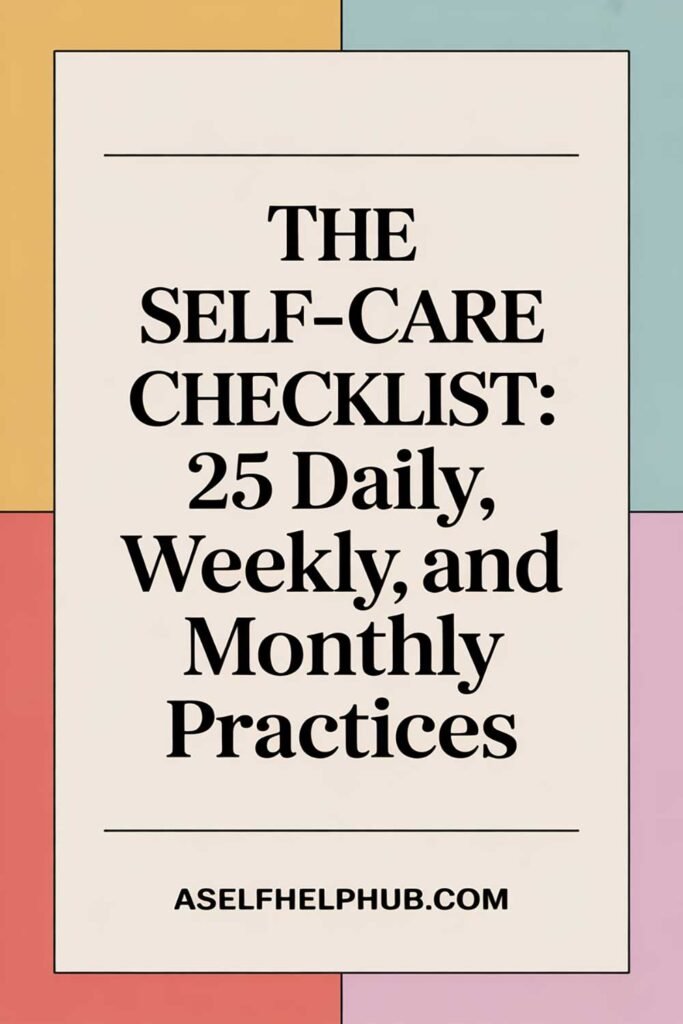Tools for Evaluating Risk When Making Big Life Choices
Making big life choices—whether it’s changing careers, relocating, investing in a business, or making a major financial decision—comes with uncertainty and risk. The ability to evaluate risk effectively can help you make more informed decisions and minimize potential downsides. This article explores practical tools and strategies for assessing risk and making confident, calculated decisions.

Why Risk Evaluation Matters
Risk evaluation helps:
- Reduce uncertainty: Gain clarity on potential outcomes and consequences.
- Improve decision-making: Make informed choices rather than emotional or impulsive ones.
- Minimize regrets: Reduce the chances of making a choice you’ll later regret.
- Increase confidence: Feel more secure knowing you’ve thoroughly analyzed your options.
Key Factors to Consider When Evaluating Risk
Before using risk assessment tools, consider these key factors:
- Potential Benefits: What are the positive outcomes if things go right?
- Potential Downsides: What are the risks, losses, or negative consequences?
- Likelihood of Success: How probable is a favorable outcome?
- Impact of Failure: If things go wrong, what would the consequences be?
- Reversibility: Can you undo or recover from the decision if needed?
- Time Frame: Is the risk short-term or long-term? How soon will you see results?
Effective Tools for Evaluating Risk
1. SWOT Analysis
SWOT stands for Strengths, Weaknesses, Opportunities, and Threats. It helps assess both internal and external factors affecting your decision.
- Strengths: What advantages do you have? (Skills, resources, support systems)
- Weaknesses: What limitations or obstacles exist?
- Opportunities: What potential benefits and new possibilities could arise?
- Threats: What external risks or uncertainties could impact your decision?
2. Risk Matrix (Probability vs. Impact)
A risk matrix helps you categorize risks based on their likelihood and impact.
- Low Probability, Low Impact: Minimal concern.
- Low Probability, High Impact: Rare but serious risks (e.g., business failure).
- High Probability, Low Impact: Likely but manageable risks.
- High Probability, High Impact: Major risks requiring strong mitigation plans.
3. The 10-10-10 Rule
Ask yourself:
- How will I feel about this decision in 10 minutes?
- How will I feel about it in 10 months?
- How will I feel about it in 10 years?
This method helps assess short-term vs. long-term consequences and reduces emotional bias.
4. Worst-Case, Best-Case, Most Likely Scenario Analysis
- Worst-case scenario: What is the absolute worst that could happen?
- Best-case scenario: What’s the most ideal outcome?
- Most likely scenario: What’s the realistic, expected outcome?
By comparing these scenarios, you can prepare for potential risks while staying optimistic.
5. The Pre-Mortem Technique
Imagine your decision has already failed. Ask yourself:
- What went wrong?
- What could have been done to prevent it?
- What risks were overlooked?
This method helps identify potential pitfalls before making a commitment.
6. Expected Value Calculation
Used in finance and gambling, expected value (EV) helps calculate the average expected outcome of a decision.
Formula:
ev = (Probability of Success × Potential Gain) – (Probability of Failure × Potential Loss)
Example:
- 50% chance of earning $10,000 = EV of $5,000
- 50% chance of losing $5,000 = EV of -$2,500
- Net EV = $2,500 (positive decision)
If the EV is positive, the decision may be worth pursuing.
7. Opportunity Cost Analysis
Every choice has an opportunity cost—the value of the best alternative you give up. Ask yourself:
- What am I sacrificing by making this decision?
- Is there a better use of my time, money, or resources?
8. Regret Minimization Framework (Jeff Bezos’ Strategy)
Amazon’s Jeff Bezos famously uses this framework:
- Project yourself into the future (e.g., 80 years old).
- Ask: Will I regret not taking this chance?
- If the regret of inaction is greater than the risk of failure, take the leap.
9. The 5-Second Rule (For Quick Decisions)
For everyday choices where overthinking leads to paralysis:
- Count down: 5, 4, 3, 2, 1… GO!
- Take immediate action before hesitation kicks in.
10. Decision Journaling
- Write down key considerations before making a decision.
- Review past decisions to identify patterns in risk assessment.
- Helps improve long-term decision-making accuracy.
Overcoming Fear of Risk
- Accept Uncertainty: No decision is 100% risk-free.
- Learn from Experience: Every decision, good or bad, is a learning opportunity.
- Take Calculated Risks: Don’t let fear prevent progress—balance caution with action.
- Seek Advice: Consult mentors, experts, or trusted friends for perspective.
Inspirational Quotes on Risk and Decision-Making
- “Only those who will risk going too far can possibly find out how far one can go.” – T.S. Eliot
- “Risk comes from not knowing what you’re doing.” – Warren Buffett
- “Do one thing every day that scares you.” – Eleanor Roosevelt
- “He who is not courageous enough to take risks will accomplish nothing in life.” – Muhammad Ali
- “A ship in harbor is safe, but that is not what ships are built for.” – John A. Shedd
- “Life is either a daring adventure or nothing at all.” – Helen Keller
- “If you dare nothing, then when the day is over, nothing is all you will have gained.” – Neil Gaiman
- “Take calculated risks. That is quite different from being rash.” – George S. Patton
- “The biggest risk is not taking any risk.” – Mark Zuckerberg
- “In the middle of every difficulty lies opportunity.” – Albert Einstein
Picture This
Imagine standing at a crossroads, facing a life-changing decision. Instead of feeling paralyzed by fear and uncertainty, you confidently evaluate your risks using structured tools. You weigh your options, anticipate challenges, and make an informed choice that aligns with your goals. How much more empowered would you feel if every big decision came with clarity and confidence?
Please Share This Article
If you found this article helpful, please share it with others who need guidance in evaluating risk for major life decisions!






